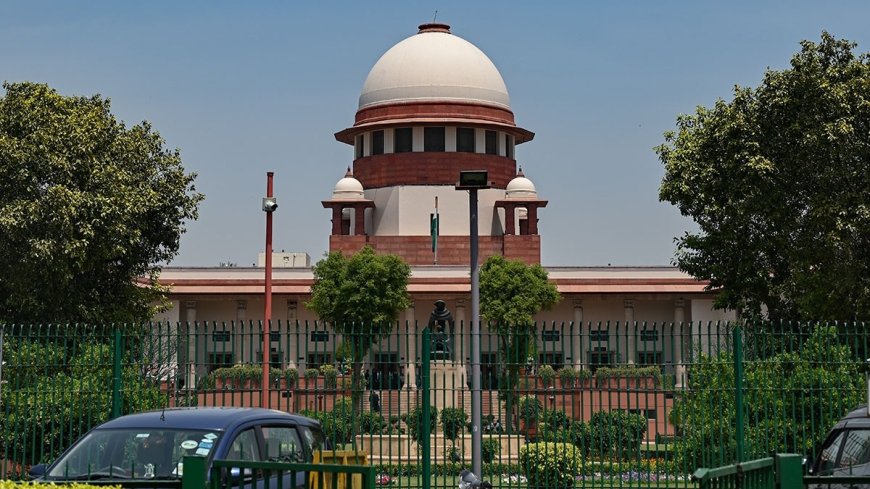States have money for freebies but not to pay judges: Supreme Court
States have money for freebies but not to pay judges Supreme Court

States Have Money for Freebies But Not to Pay Judges: Supreme Court
In a recent landmark ruling, the Supreme Court has raised serious concerns about the financial prioritization of states, highlighting the alarming trend where governments allocate funds for extravagant welfare programs and freebies while failing to ensure fair compensation for judges. This statement reverberates through the legal community and raises critical questions about the value placed on judicial roles within the public sector. The Court emphasized that adequate remuneration for judges is essential to uphold the integrity of the judiciary and maintain public trust in the legal system.
The Disparity in State Funding
The Supreme Court's observations come amidst growing evidence that several states have prioritized their budgets for enticing voter base through lavish giveaways over essential sectors, such as the judiciary. This financial imbalance not only jeopardizes the autonomy of the judicial system but also undermines the principle of justice being equal for all. The Justices highlighted that without proper compensation, the quality of judiciary processes may notably decline, leading to negative outcomes for both the public and the justice system itself.
Implications for the Judicial System
The consequences of this disparity in funding are profound. Low salaries can deter talented individuals from pursuing careers in law as judges, eventually leading to a judiciary that lacks experience and expertise. This is particularly concerning given the vital role judges play in interpreting laws, presiding over court cases, and ensuring justice is served. As the Supreme Court pointed out, future generations must not suffer from a system that fails to attract competent individuals into the judiciary.
Calls for Reform
In light of the Supreme Court's ruling, there is a growing call for budget reforms that prioritize fair judicial compensation. Legal experts and advocacy groups are urging states to reassess their fiscal strategies and prioritize investments in the judiciary to ensure that it is equipped with the resources necessary to function effectively. Such reforms could take various forms, including reallocating existing funds, revising budget priorities, and implementing new financial policies that favor judicial funding.
As discussions about the state of legal funding continue, the public is encouraged to stay informed and advocate for a balanced approach that values the judiciary as a pillar of democracy.
For more updates, visit dharmyuddh.com Keywords: Supreme Court ruling on judges pay, state funding for judiciary, freebie state programs vs judicial salaries, financial priorities of states, judiciary compensation issues, implications of low judge salaries, calls for judicial funding reform, equality in justice system, importance of judicial salaries, legal expert opinions on state funding.







